Putin’s Shock Plan to Pull Troops From Syria Puts Onus on Assad
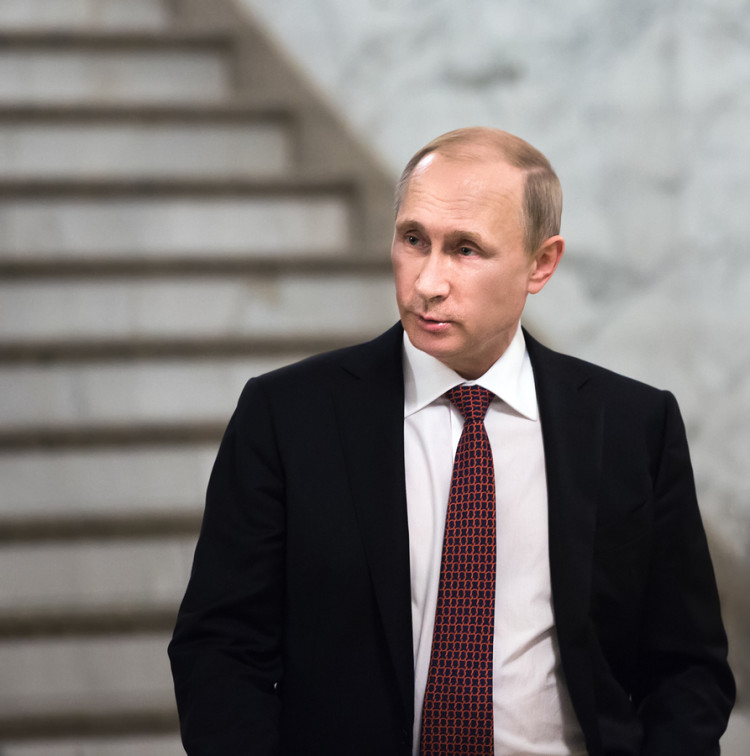
©2016 Bloomberg News
O41UB96KLVRO
(Bloomberg) — Russia said it will start withdrawing forces from Syria in a surprise move that puts pressure on its ally President Bashar Al-Assad, as well as opposition groups, to reach a deal at the peace talks that got under way hours earlier in Geneva.
Russian President Vladimir Putin, whose military ntervention last year in support of Assad turned the tide in Syria’s five-year civil war, said the partial pullout should begin on Tuesday. A Russian air base and a naval facility will continue to function, he said in Moscow. Assad didn’t request the withdrawal, said Putin’s spokesman, Dmitry Peskov.
Russia has urged the Syrian leader to be “constructive” in the latest peace talks, aimed at ending a conflict that’s killed a quarter-million people, sparked a refugee exodus to Europe and allowed Islamic State a foothold. For Putin, who’s worked with the U.S. to promote diplomacy in Syria even though the two powers backed opposite sides in the war, it’s an opportunity to display peacemaking credentials while preserving the gains Assad’s army made under Russian air cover.
“Putin is a wily guy. He is showing he’s a statesman,” said Joshua Landis, director of the Center for Middle East studies at the University of Oklahoma. “Russia is also sending a message to Assad who has been sounding too confident.”
‘Effective Work’
Putin and President Barack Obama discussed the Russian plan to withdraw troops by phone on Monday, the White House said. Obama welcomed the reduction in violence since the U.S. and Russia helped broker a truce last month, but said that “continuing offensive actions by Syrian regime forces risk undermining” both that truce and the Geneva talks.
In ordering the pullback of the “main part” of Russia’s military from Syria, Putin said the armed forces’ “effective work” created the conditions for beginning the peace process. “I hope today’s decision will be a good signal to all the conflicting sides,” the Russian president said. Russia’s ruble pared losses after Putin’s announcement.
The Syrian presidency said on Twitter that Russia had promised to continue supporting Syria’s fight against terrorism.
The definition of who’s a terrorist in Syria, as well as Assad’s future role, has been at the root of the disagreement between Russia and the U.S., which says moderate rebels against the regime have also been targeted by Putin’s intervention. Russia says the opposition is dominated by jihadists. The current cease-fire allows operations against United Nations- designated terrorist groups to continue.
Salem al-Muslet, a spokesman for the main opposition group, the High Negotiations Committee, said Russia is largely to blame for the current state of the conflict.
‘Symbolic Gesture’
“The Russian departure will be good for the Syrian people and will weaken the Syrian regime,” he said by phone.
The U.S. has softened calls for Assad’s removal in recent months, while continuing to argue that a long-term settlement won’t be possible while he’s in office. In his phone call with Putin, Obama “underscored that a political transition is required to end the violence,” the White House said.
Putin’s latest announcement is “a symbolic gesture to sweeten the opposition’s pill, because Assad is clearly not going to go away even if Russia slightly reduces its operations,” said Anton Lavrov, an independent Russian military analyst. “This is clearly linked to the start of negotiations in Geneva. It’s a signal to the opposition and an attempt to influence their agreeability.”
At talks in Geneva earlier on Monday, there were few signs that Assad or the opposition are willing to make major compromises.
Applying Pressure
The UN’s special envoy for Syria, Staffan de Mistura, called on the international community to apply “maximum pressure” on the two sides, after holding his first meeting with the government delegation on Monday. He’s due to have talks with the opposition on Tuesday.
Syria’s regime is indicating that it will only accept a limited role for the opposition in government, and that discussing Assad’s position is a “red line.”
Last week, Russian Deputy Foreign Minister Gennady Gatilov urged the Syrian leader as well as his opponents to demonstrate a “real willingness” to agree on a new constitution for Syria that would build a “future democratic society.”
Putin said that the Russian bombing campaign had allowed the Syrian army to “take the initiative on nearly all fronts.” His spokesman Peskov declined to comment on how many troops will remain, whether S-400 anti-aircraft defense missiles will be withdrawn and whether Russian airstrikes will end.
‘Minimal’ Force
Russia is likely to leave “minimal” forces in place, including some warplanes, to protect its naval facility in Tartus and the Khmeimim airbase, said Vladimir Komoedov, chairman of the State Duma lower house of parliament’s defense committee.
“Any war ends and guns go quiet,” said Komoedov, an ex- commander of Russia’s Black Sea Fleet. “The time for politics has come, everyone has to be at the negotiating table.”
Still, Viktor Ozerov, head of the defense committee in the upper house of Russia’s parliament, said by phone that if the Syrian army isn’t capable of finishing off Islamic State, “we can come back.”
–With assistance from Kambiz Foroohar.
To contact the reporters on this story: Jake Rudnitsky in Moscow at jrudnitsky@bloomberg.net; Ilya Arkhipov in Moscow at iarkhipov@bloomberg.net; Henry Meyer in Geneva at hmeyer4@bloomberg.net To contact the editors responsible for this story: Balazs Penz at bpenz@bloomberg.net Andrew Langley, Ben Holland


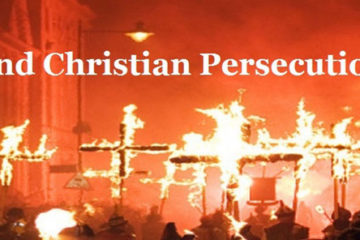
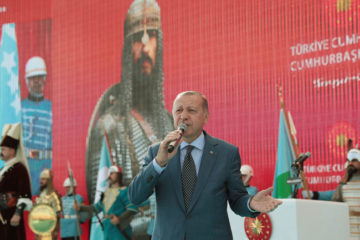
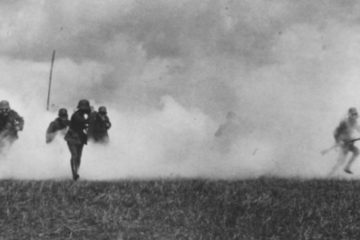
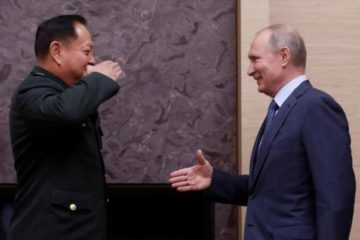

No Comment